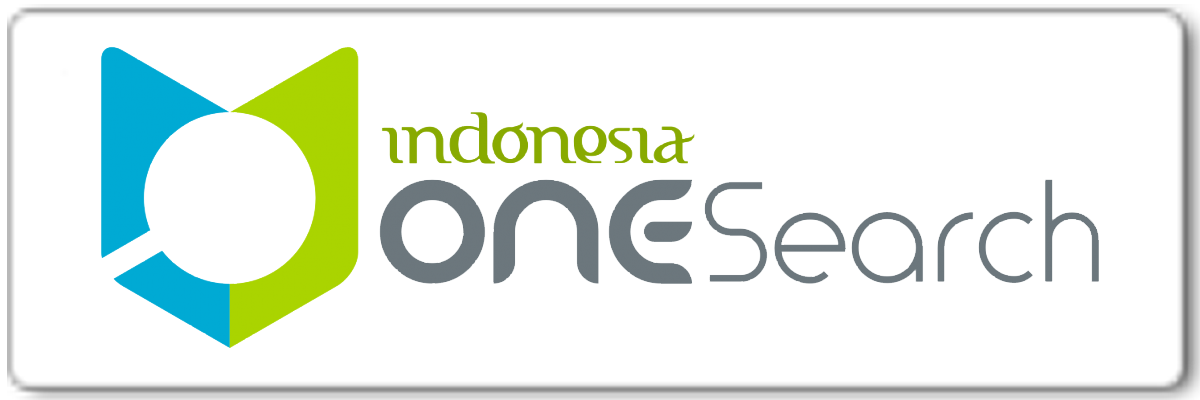PENDIDIKAN ISLAM DAN TUNTUTAN ZAMAN
 Published : 2018-05-03
Published : 2018-05-03
 | Abstract viewsc: 258
|
| Abstract viewsc: 258
|  :
Yuanda Kusuma(1*),
:
Yuanda Kusuma(1*), (1) UIN Maulana Malik Ibrahim Malang
(*) Corresponding Author
Abstract
Islam presented a faith, science, and morality based civilization. A civilization that can‘t be separated from the role of education. As education is to develop the human potency; physical potential, creativity potency, taste and will, education constitutes as the lifeblood of civilization. The advancement of Islamic education that took place for a long time between 1 H and 11 H, with the peak of advancement from 3 H to 7 H, indicated that through qualified education Muslims were able to respond to the needs and demands of times. This article attempts to reconcile the Islamic education base and its objectives with world pretension such as globalization.
Keywords
Full Text:
PDFReferences
Al-Qur’an
Toynbee, A Study of History, London: Oxford University Press, 1955.
Karen Armstrong, Islam: A Short History, Modern Library, New York: Random House, 2000.
Muhammad Tolhah Hasan, Dinamika Pemikiran Tentang Pendidikan Islam, Cilandak Barat Jakarta: Lantabora Press, 2006.
Dr. Mastuhu, Menata Ulang Sistem Pendidikan Nasional Dalam Abad 21 (The New Mind Set of National Education In The 21st Century), Yogyakarta: Safiria Insania Press & MSI UII, 2003.
Ziauddin Sardar, Tantangan Dunia Islam Abad 21 Menjangkau Informasi, Bandung: Mizan, 1996.
Ali Syari’ati, Membangun Masa Depan Islam, Bandung: Mizan, 1998.
Murtadha Muthahhari, Islam dan Tantangan Zaman, Bandung: Pustaka Hidayah, 1996.
Syarif Radhi, Puncak Kefasihan Nahjul Balaghah Pilihan Khutbah, Surat, dan Ucapan Amirul Mukminin ‘Ali Bin Abi Thalib R.A, Jakarta: Lentera Basritama, 2000.
Article metrics
 Abstract views : 258
|
Abstract views : 258
| DOI: http://dx.doi.org/10.32478/ta.v3i1.103
Refbacks
- There are currently no refbacks.
Copyright (c) 2018 journal TA'LIMUNA





















 TA'LIMUNA: Jurnal Pendidikan Islam | e-ISSN 2085-2975 | p-ISSN 2622-9889.
TA'LIMUNA: Jurnal Pendidikan Islam | e-ISSN 2085-2975 | p-ISSN 2622-9889.